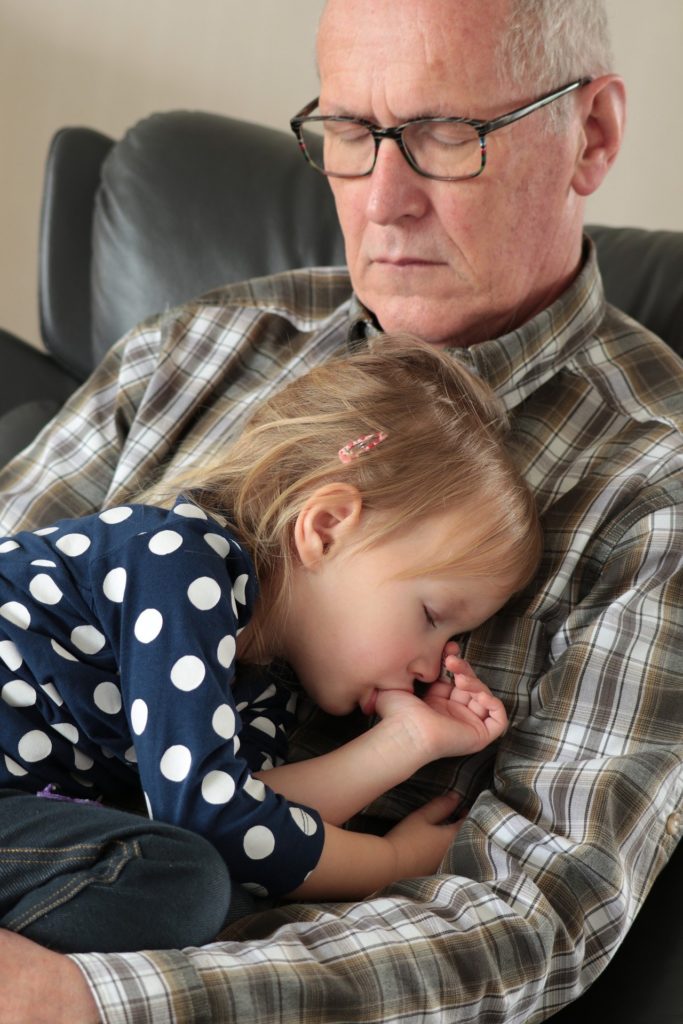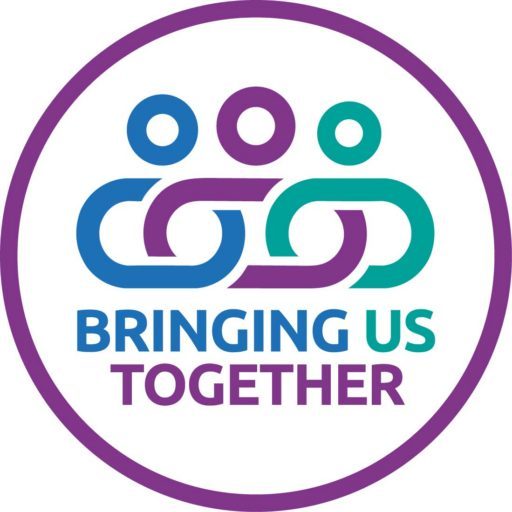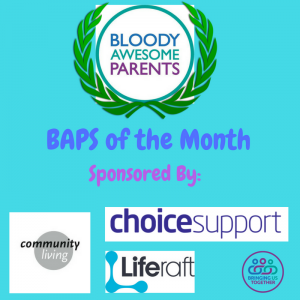Sleep Deprivation in Parents / Carers of Disabled Children

Sleep deprivation comes with the territory
Many of us who have children with complex needs live life with a deep sense of exhaustion, I write this blog not as an expert in sleep, but as an empathising and experienced sleep-deprived parent who has hidden in the bathroom too exhausted to even cry, more than once.
For many parents and carers normal everyday life has the extra challenges of managing sleep disorders, special dietary needs, medical care, adapting to ever changing behaviours and situations as well as navigating everyday life outside of parenthood, it’s no wonder how sometimes trying to decide what to make for dinner can be an overwhelming flood of emotions.
When our children struggle to sleep whether they can’t regulate to go to sleep, wake constantly in the night or wake at the crack of dawn, or have to be woken for medical intervention and can’t go back to sleep easily; you don’t always have the option to leave them in their bedrooms to entertain themselves. You don’t have the option to soothe your own mind once they finally go to sleep because the million thoughts and job lists and worries that race around your head didn’t get the; ‘within working hours only’ memo.
My son James
In my experience, my son James would go off to sleep no problem, even now at 19 he’s head down and you could hoover his pillow and he wouldn’t wake up.
After he would go to bed it was my time to do the house admin, catch up on work, tidy up, meal plan for the next day, sort uniforms for the next day and all the other jobs and then by 11pm i’d be winding down or at least trying too.
But then came about 3am – 4am and that was him awake. And my gorgeous boy James had a rule; it was one up all up. There is no stealth ninja in him, the lights are on trailblazer style but then he would like to switch them on and off constantly. As a hyper vigilant non sleeping parent that would sound really loud to me. No fidget toys in the world were as exciting to him as the actual wall light switch.
The TV or radio would be on, the doors didn’t appear to have useable handles with him and again he’d like to open and close doors constantly. I’ve had a few floods from the toilet at 5am to deal with as he’d block it but not intentionally, then after all of that he would settle to play and would be as loud as he was happy and content. I was not happy and content and on 3 to 4 hours sleep a night, 7 nights a week then working 10 hours a day as a trauma nurse and then we added a baby into the mix…there was one point that life was so bleak I could hardly see a way forward on simple tasks.
The reality you come to understand
There are no guaranteed respite milestones to anchor too such as independent self-care in hygiene, dressing, safely having time on their own and making choices. Not knowing when those milestones will be reached or if they will ever be reached cracks resilience that little bit more.
It’s a constant emotional roller coaster ride and how do you actually switch that off at 10pm at night so you can bank a good 8 hours? You can’t. There is no quick fix with sleep deprivation and the exhaustion can feel relentless.
Sleep deprivation is the fast track to fatigue
Fatigue is more than feeling tired, it’s an exhaustion that cannot be eased by simply getting an early night backed up with a lie in the next day, banking a good night here and there just doesn’t touch the sides. The Mental Health Foundation states clearly that “Sleep is as important to our health as eating, drinking and breathing.” Truth is that for some parents of children with disabilities; sleep deprivation, fatigue and exhaustion comes hand in hand with the role of parenting.
How does fatigue impact you?
Fatigue impacts health, cognitive functioning, creative thinking, a problem-solving outlook but it also obstructs the ability to cope. What is your experience?
How do you find your sleep patterns?
If sleep disturbance affects you, how does it affect you?
What kind of support would help you?
What works for you what doesn’t?
We are considering doing some more support around sleep for parents and carers so your input is invaluable to steering us in the right direction in helping us deliver some useful resources.









My life is heavily impacted by fatigue. I have a ten year old with angelman syndrome. I woke up one day totally dizzy and unable able to process/cope with sound or light. I was eventually diagnosed with chronic fatigue, chronic stress and vestibular migraines. After a year I managed to return to work on a concoction of medication and still now I have episodes and have to manage the issues still as no sleep medication helps my son in the long term without bad side effects. We’ve been around the country speaking to many professionals. The issues of extreme fatigue are still there , I have to teach (3 days a week) and still attempt to whilst fatigued which impacts greatly. It affects my speech with teaching , trying to formulate complex sentences when I’m exhausted, takes me longer to mark assignments and plan as I have to have regular breaks. I have to put my son to bed then spend time with my teenage twins, separately to give them time they need, following my husband leaving. I have to do the house jobs also. On my days off one of the days I have off he is also off as he doesn’t go to school full time due to his epilepsy and attempting to control it with drugs (3 types) and controlling his environment, to minimise seizures so my time off from work is still part filled with him and prepping for teaching so I don’t get much time to relax and re-energise. I have managed to get 2 overnight respites a week now which is amazing but the fatigue isn’t going away. It’s so ingrained…..
I simply can not even begin to imagine what it takes every moment of every day for you to keep going. I am relieved to read that you have 2 respite nights a week but as you say, when you are so depleted and your output continues to be so high and draining; there just can’t ever be a balance. In regards to your vestibular imbalance have you looked into neuroplasticity? You have probably been pointed in that direction if you’ve visited vestibular specialised hospitals and vestibular physiotherapists but it is definitely worth looking into. I wish I had a magic wand to help you, take care of yourself where you can. Kind regards, Karen
Thank you for that, I’m trying Botox in the nerve endings to help next Thursday is my first appointment so fingers crossed I’ll notice some difference. Thank you for your kind words x
Sleep is a thing of the past. As is a ‘normal’ day.
And this is no exaggeration. I can remember when my sleep deprivation was so bad that at the end of the day sometimes I couldn’t remember what i’d actually done in the day. For many people it can be a hard concept to grasp but most of us who live in that state can experience a suffering that is in itself; exhausting. Thank you for commenting.